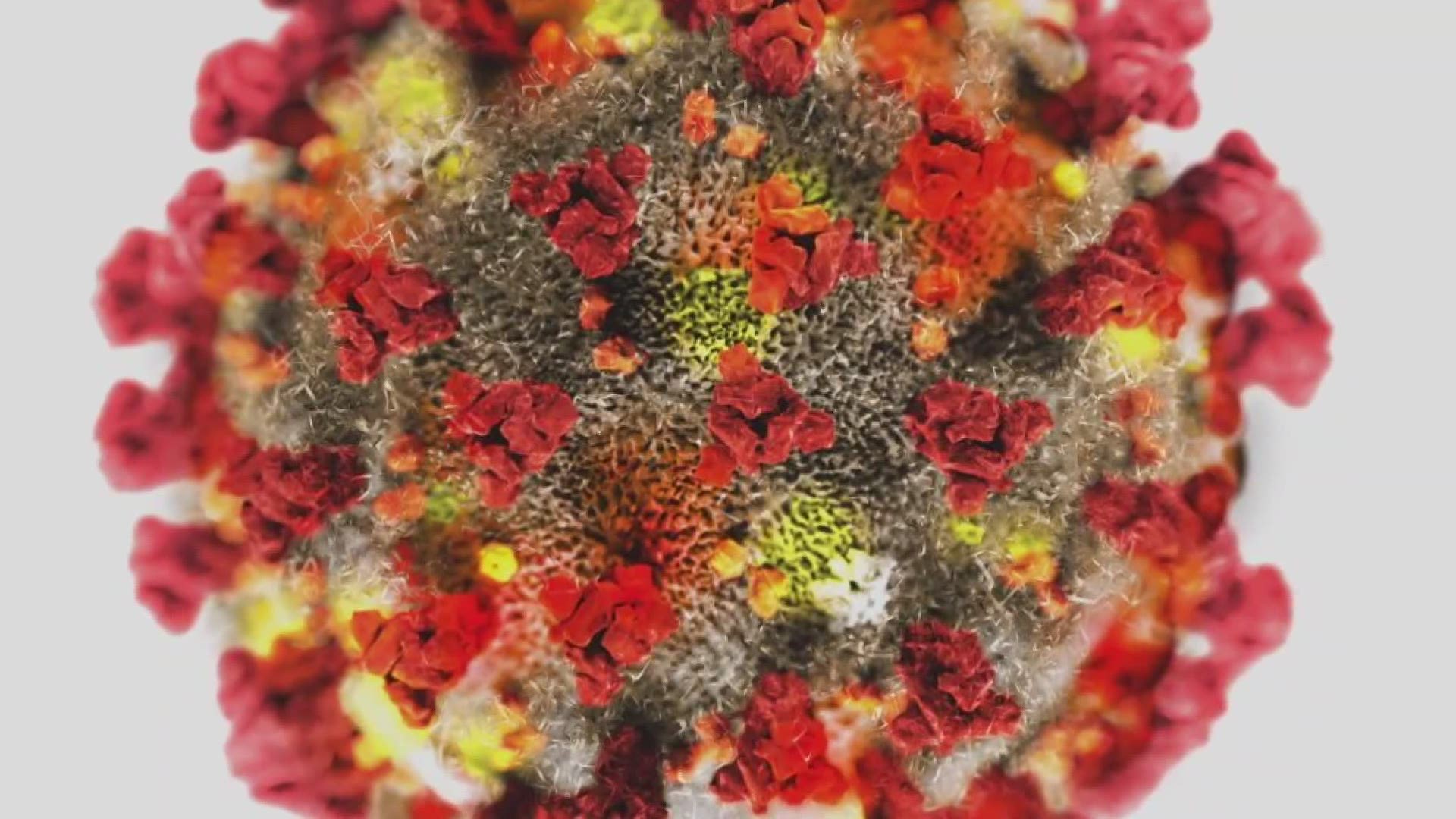ARUNDEL, Maine — Can exposure to so-called 'forever chemicals' make you more at risk for COVID- 19? That's just one issue environmental advocates in Maine are worried about.
The chemicals are known as PFAS, a class of non-stick, waterproof, stain-resistant compounds used in consumer and industrial products.
They can remain in the human body and the environment for decades and have been linked to a number of health problems.
Last month federal health officials released a report linking exposure to so-called forever chemicals, known as PFAS could suppress the immune system -- increasing the risk of getting the virus.
There is also concern that exposure could limit the effectiveness of a potential vaccine against COVID-19.
"The PFAS chemicals may be weakening people's immune systems now and they may make the vaccine less effective," Patrick MacRoy, the Deputy Director of the Environmental Health Strategy Center said.
Advocates plan to renew their efforts to get lawmakers to set stricter limits for the chemicals in our drinking water. Right now, Maine follows the EPA's safe healthy standards which are not binding and ten times higher than limits adopted by New Hampshire.
Fred Stone's century-old dairy farm in Arundel was shut down after PFAS was discovered in the groundwater, soil and milk ten times the EPA's safe limit.
A pending bill that would change Maine's statute of limitations law. would allow the dairy farmer to sue in civil court. The Legislature's Judiciary Committee will hold a public hearing on that bill on zoom on Tuesday, July 28 at 1 p.m.
Report from the Agency for Toxic Substances and Disease Registry about the possible link between PFAS and Covid19.
Information about the Environmental Health Strategy Center click here.
Information about PFAS Chemicals and protecting your health from the Centers for Disease Control.

